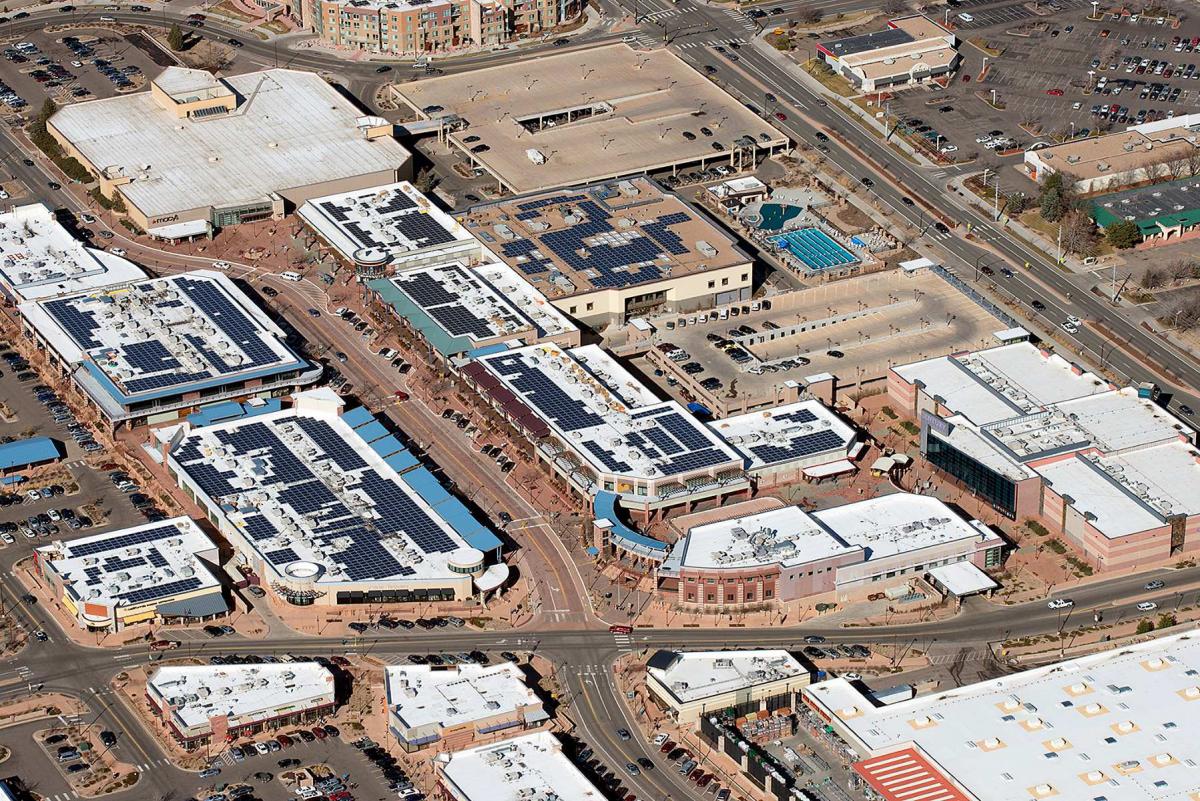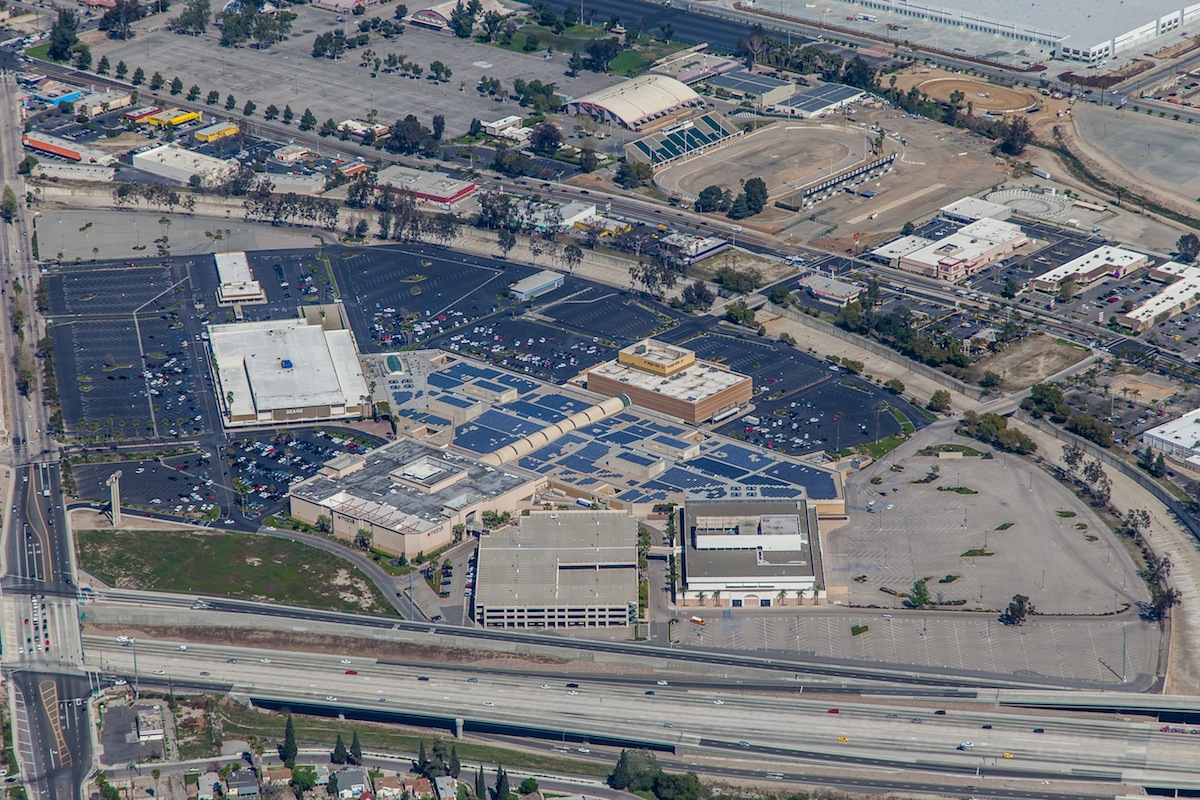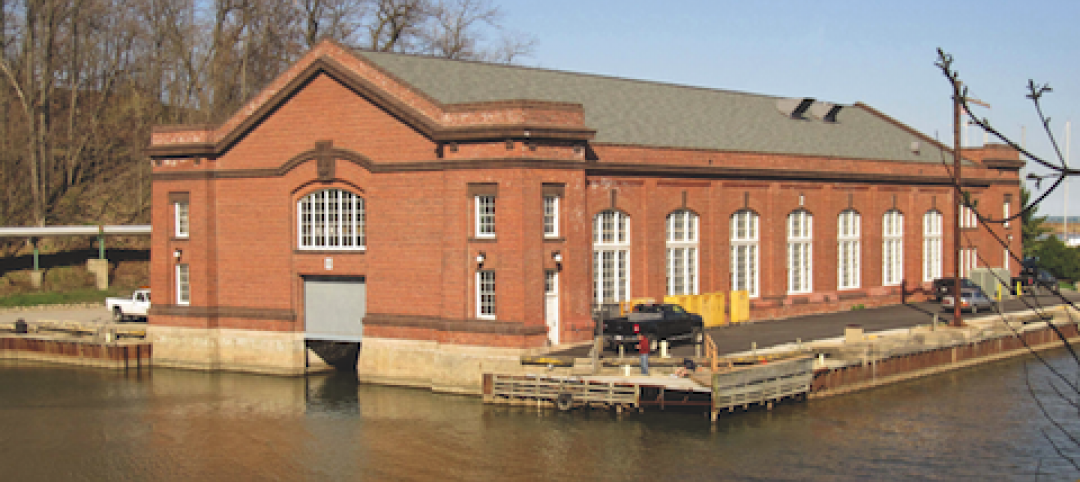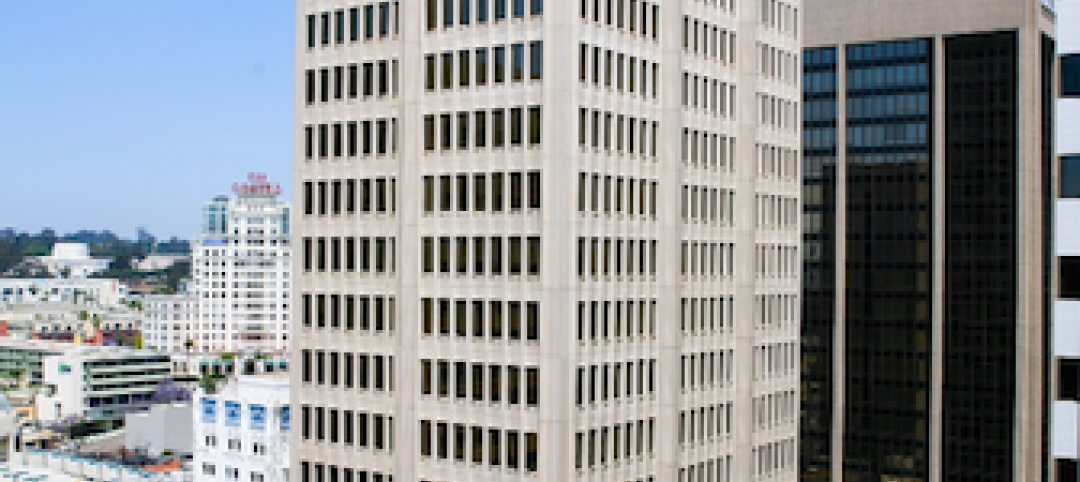The demand for renewable energy continues to grow. More and more, facility leaders are looking for a way to improve sustainability with large-scale solar programs that establish their environmental commitment and provide matching financial rewards. For professionals managing multiple properties, “going green” at one facility alone can be challenging enough. Implementing renewable energy across a portfolio of properties can seem even more daunting.
Consisting of 85+ properties across 19 states, Macerich is a fully integrated, self-managed and self-administered real estate investment trust which focuses on the acquisition, leasing, management, development and redevelopment of regional malls throughout the United States. Under the stewardship of Vice President of Sustainability, Jeff Bedell, Macerich continued to fulfill its pledge to environmentally sound practices with the game-changing decision to implement solar across their portfolio.
Clearing the Hurdles
The three main hurdles faced by all facility managers when going solar – financing, implementation, and operations and maintenance – were magnified by Macerich’s substantial portfolio of properties.
Tax equity financing in general is extremely complex, requiring customized transactions tailored to each individual project. Needless to say, creating these unique finance structures for each of the properties served as a main roadblock for Macerich. The question of ownership of the systems was also a major concern. To take adventage of available tax incentives, given the limited tax capacity of Real Estate Investment Trust (REIT) entitites, third-party ownership was crucial.

Twenty Ninth Street Mall, Boulder, CO
In the implementation phase, Macerich was faced with catering to the unique specifications of multiple properties located in a number of states, each with their own permitting and procurement regulations. Some locations had straightforward installation conditions, while others featured spaces that required high-level design and construction expertise. In addition, implementation without interruption to retail business was crucial.
Operations and long-term maintenance of each system posed its own distinctive set of challenges. While there was no shortage of companies available for operations and maintenance at the beginning of the endeavor, there existed a cavernous lack of companies in which Macerich could trust to be dependable, consistent providers of those services for more than two decades across their national portfolio.
While daunting, Macerich was excited to play the role of pioneer in the sustainable development of large REIT portfolios.
The Solar Solution
In response to frustrated expressions of facility leaders managing a broad range of projects, Panasonic, in an exclusive partnership with Coronal Group, developed a turn-key, end-to-end solutions based platform able to directly address finance, implementation, and operations and maintenance concerns.
In 2011, Macerich aligned with Panasonic to begin their REIT power program. With a customized financing structure, Panasonic was able to compensate for Macerich’s lack of tax appetite and support the utilization of the varying federal tax credits and local incentives pertinent to each individual property. Panasonic’s unique comprehensive solution also resolved the issue of ownership, providing the third-party entity responsible for carrying the systems as assets via their relationship with Coronal Group.
With their extensive global network, Panasonic ensured quality implementation for every aspect of each individual project, regardless of location. And, as a nearly 100 year-old, $65 billion company, Panasonic guaranteed its ability to fulfill the 20 year commitment to sustaining expert operations and maintenance of Macerich’s solar systems.
Together, Macerich and Panasonic are nearing the successful installation of solar across 11 shopping centers totaling 10 MW of clean energy – enough power for approximately 10,000 homes.
Related Stories
| Oct 12, 2010
The Watch Factory, Waltham, Mass.
27th Annual Reconstruction Awards — Gold Award. When the Boston Watch Company opened its factory in 1854 on the banks of the Charles River in Waltham, Mass., the area was far enough away from the dust, dirt, and grime of Boston to safely assemble delicate watch parts.
| Oct 12, 2010
Building 13 Naval Station, Great Lakes, Ill.
27th Annual Reconstruction Awards—Gold Award. Designed by Chicago architect Jarvis Hunt and constructed in 1903, Building 13 is one of 39 structures within the Great Lakes Historic District at Naval Station Great Lakes, Ill.
| Oct 12, 2010
Full Steam Ahead for Sustainable Power Plant
An innovative restoration turns a historic but inoperable coal-burning steam plant into a modern, energy-efficient marvel at Duke University.
| Oct 11, 2010
Rhode Island is the first state to adopt IGCC
Rhode Island is the first state to adopt the International Green Construction Code (IGCC). The Rhode Island Green Buildings Act identifies the IGCC as an equivalent standard in compliance with requirements that all public agency major facility projects be designed and constructed as green buildings. The Rules and Regulations to implement the Act take effect in October 2010.
| Oct 8, 2010
Union Bank’S San Diego HQ awarded LEED Gold
Union Bank’s San Diego headquarters building located at 530 B Street has been awarded LEED Gold certification from the Green Building Certification Institute under the standards established by the U.S. Green Building Council. Gold status was awarded to six buildings across the United States in the most recent certification and Union Bank’s San Diego headquarters building is one of only two in California.
| Sep 30, 2010
Luxury hotels lead industry in green accommodations
Results from the American Hotel & Lodging Association’s 2010 Lodging Survey showed that luxury and upper-upscale hotels are most likely to feature green amenities and earn green certifications. Results were tallied from 8,800 respondents, for a very respectable 18% response rate. Questions focused on 14 green-related categories, including allergy-free rooms, water-saving programs, energy management systems, recycling programs, green certification, and green renovation.
| Sep 21, 2010
New BOMA-Kingsley Report Shows Compression in Utilities and Total Operating Expenses
A new report from the Building Owners and Managers Association (BOMA) International and Kingsley Associates shows that property professionals are trimming building operating expenses to stay competitive in today’s challenging marketplace. The report, which analyzes data from BOMA International’s 2010 Experience Exchange Report® (EER), revealed a $0.09 (1.1 percent) decrease in total operating expenses for U.S. private-sector buildings during 2009.
| Sep 21, 2010
Forecast: Existing buildings to earn 50% of green building certifications
A new report from Pike Research forecasts that by 2020, nearly half the green building certifications will be for existing buildings—accounting for 25 billion sf. The study, “Green Building Certification Programs,” analyzed current market and regulatory conditions related to green building certification programs, and found that green building remain robust during the recession and that certifications for existing buildings are an increasing area of focus.
| Sep 16, 2010
Gehry’s Santa Monica Place gets a wave of changes
Omniplan, in association with Jerde Partnership, created an updated design for Santa Monica Place, a shopping mall designed by Frank Gehry in 1980.












